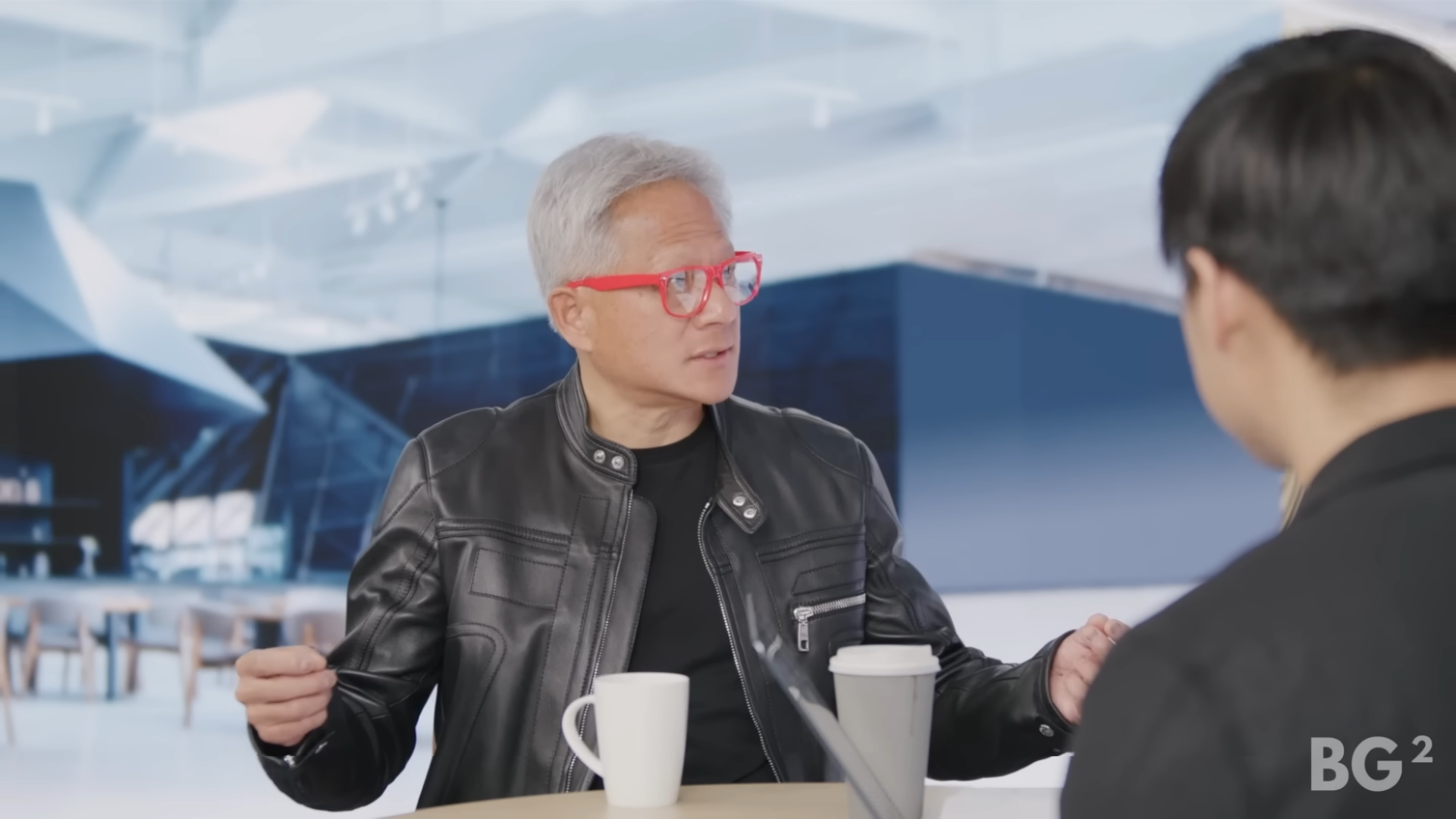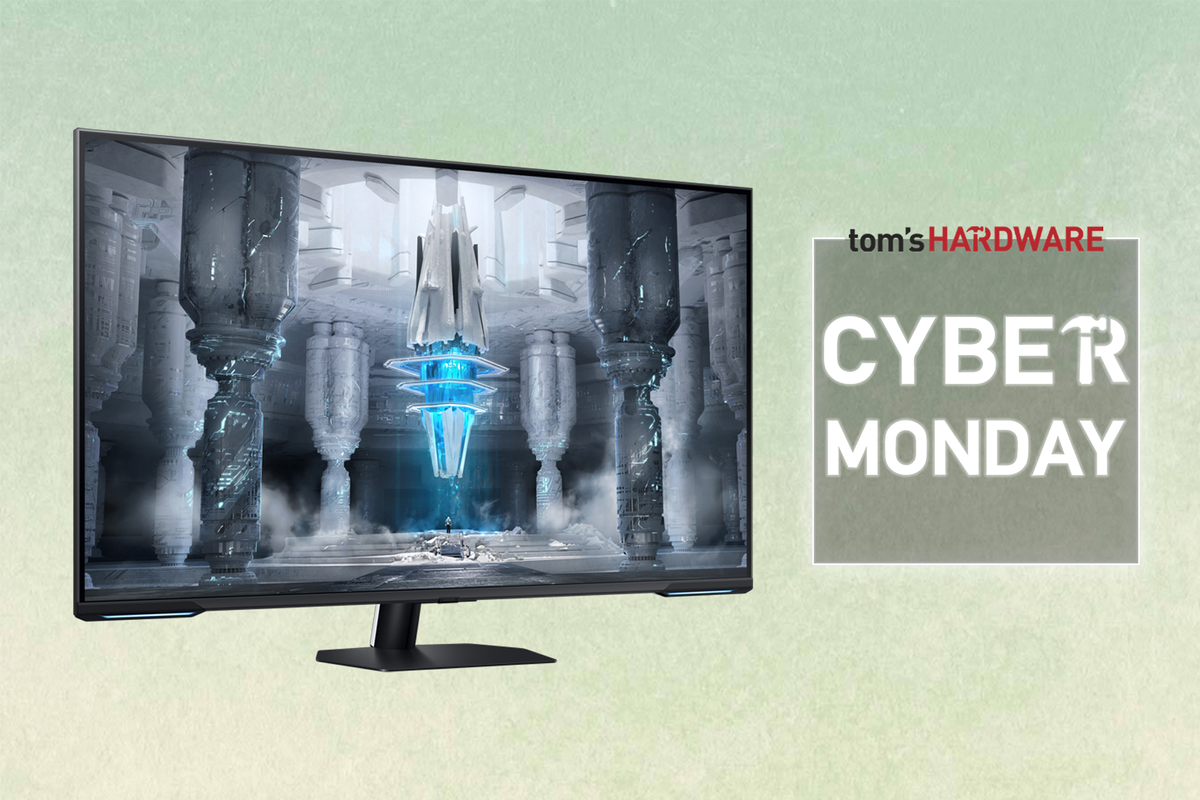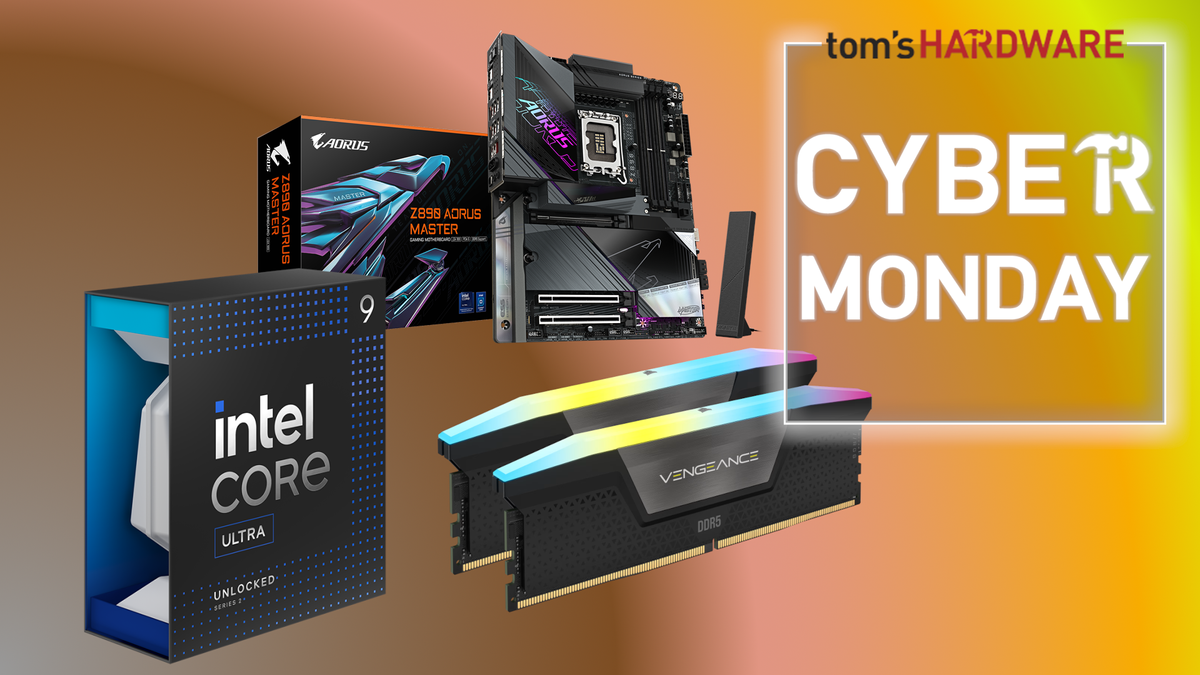Nvidia CEO Jensen Huang says China is just “nanoseconds behind” the U.S. in chipmaking and that Washington should stop trying to wall off the market. Speaking on the BG2 podcast, Huang argued that allowing companies like Nvidia to sell into China would serve American interests by spreading U.S. technology and extending its geopolitical influence. “We’re up against a formidable, innovative, hungry, fast-moving, underregulated [competitor],” Huang said, talking about the pedigree of China’s engineers and controversial 9-9-6 working culture.
His comments come as Nvidia hopes to ship its H20 AI GPU to Chinese customers again, following a months-long pause tied to new U.S. export rules. The Commerce Department is understood to have begun issuing licenses for the H20 in August, and Nvidia is already working on a successor chip designed to comply with current restrictions while offering better performance. The company has not confirmed specs, but it would be Nvidia’s second attempt to tailor an AI accelerator specifically for the Chinese market since the original A100 and H100 bans took effect.
NVIDIA: OpenAI, Future of Compute, and the American Dream | BG2 w/ Bill Gurley and Brad Gerstner - YouTube

China, meanwhile, is accelerating its own plans to become self-sufficient. Huawei’s new Atlas 900 A3 SuperPoD systems, powered by the company’s Ascend 910B chips, are now shipping in volume. The company has laid out an ambitious roadmap through 2027 with next-gen Ascend silicon that aims to match or exceed current-gen performance. These systems are CUDA-free by design and optimized for Chinese-built software stacks, a shift that puts real pressure on Nvidia’s dominance, which, according to Huang, previously held a 95% market share in China.
Chinese hyperscalers are backing that roadmap with capital. Baidu, Alibaba, Tencent, and ByteDance are all investing in custom silicon, either through internal chip teams or by funding startups. That includes firms like Tencent, which has announced it has fully adapted its infrastructure to support homegrown silicon. Asked what he sees in the near future, Huang said, “They [China] publicly say… they want China to be an open market, they want… companies to come to China and compete in the marketplace… and I believe and I hope that we return to that.”
Nvidia’s approach to that is to maintain a foothold in China and play both sides of the geopolitical divide. The H20 may be hobbled compared to the company’s leading chips, but it gives Chinese companies a path to stay within the Nvidia ecosystem — at least for now.
Follow Tom's Hardware on Google News, or add us as a preferred source, to get our up-to-date news, analysis, and reviews in your feeds. Make sure to click the Follow button!

 2 months ago
51
2 months ago
51








 English (US) ·
English (US) ·